In the context of a rapidly changing world , international integration is increasingly becoming a decisive factor in a nation's position and overall strength.
The draft document submitted to the 14th National Party Congress for the first time proposed putting "foreign affairs and international integration" on par with national defense and security, demonstrating an important development in the Party's strategic thinking on developing and protecting the Fatherland in the new situation.
Regarding this issue, VNA reporter discussed with Mr. Ta Hoang Linh - Chief of Office of the Steering Committee for International Economic Integration, about the significance of the policy and requirements in the period of deep integration, orientation to upgrade and expand free trade agreements (FTAs) that Vietnam is participating in.
- How do you evaluate the significance of the draft document submitted to the 14th National Party Congress on the proposal to make foreign affairs and international integration an important and regular task. Especially the orientations in the 14th National Party Congress Document to effectively institutionalize this policy in the new period?
Director Ta Hoang Linh: In my opinion, the proposal of the draft documents of the 14th National Congress to make foreign affairs and international integration an important and regular task is a step to raise the strategic thinking of the Party, clearly reflecting Vietnam's proactive integration mindset in the context of a rapidly changing world. This is a continuous, uninterrupted process, constantly adjusting laws, standards, and internal capacity to catch up with international standards, proactively responding to changes in the world situation, while ensuring security, national interests and preserving national identity.
In my opinion, to effectively institutionalize this policy, the document needs to emphasize proactive integration associated with internal development. Because integration is not only about opening the market, but must go hand in hand with improving competitiveness, innovating technology, developing human resources and increasing domestic added value. In addition, it is necessary to invest in human resources and innovation such as building a team of cadres and integration experts with implementation capacity, while supporting businesses to improve standards and access technology so that integration truly becomes a driving force for sustainable development.
- In the context of Vietnam entering a period of deep integration, in your opinion, what are the key requirements and challenges to take advantage of opportunities, minimize risks, and at the same time make substantial contributions to the process of planning the country's development strategy for the 2025-2035 period as stated in the Draft Documents of the 14th National Congress?
Director Ta Hoang Linh: In my opinion, Vietnam is entering a period of international economic integration at an unprecedented level, not only in traditional areas such as trade and investment, finance and banking, but also expanding to emerging economic areas such as research and innovation, participation in the global value chain, digital economy, green economy, circular economy, creative economy, etc. This is both a great opportunity to improve productivity, expand markets and access international resources and knowledge through international economic integration, and an important test for the endogenous capacity and adaptability of the Vietnamese economy.
International financial institutions also forecast that the size of Vietnam’s economy could soon exceed the threshold of 1,000 billion USD, becoming a leading competitive industry in the region. To realize that prospect, in my opinion, there are three requirements and also three groups of key challenges that need to be resolved synchronously.
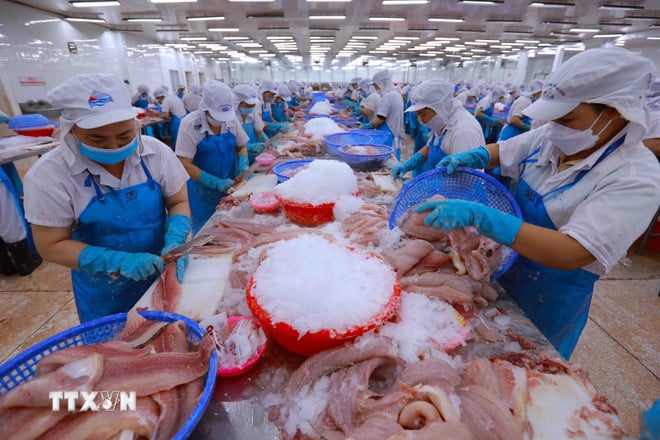
Seafood processing line for export. (Photo: Vu Sinh/VNA)
First, it is necessary to build a highly competitive, independent and autonomous economy, led by science , technology and innovation. National competitiveness begins with the competitiveness of each enterprise. Therefore, Vietnamese enterprises must be strong enough to stand firm at home and reach out to the international market. The State needs to create a transparent and equal business environment, promote digital transformation, improve technology and governance standards, and support enterprises to meet strict requirements on environment, labor and social responsibility in new generation FTAs. If this is not done, integration opportunities may turn into competitive pressure for domestic enterprises.
In addition, it is necessary to perfect institutions and enhance the capacity to implement international commitments. Synchronous, transparent institutions in accordance with international standards not only help Vietnam fully and seriously implement its commitments, but also create a stable legal corridor for businesses and people to feel secure in investing, producing, and trading, effectively participating in the integration process.
Furthermore, strengthening the capacity of the enforcement apparatus from the central to local levels will help policies be put into practice faster and more evenly among sectors and localities, ensuring there are no "bottlenecks" in the integration process, while exploiting FTAs more effectively, making good use of incentives and opportunities to expand the market.
Finally, it is necessary to improve the quality of human resources - a key factor determining the country's long-term competitiveness. In the context of transforming the growth model and restructuring the global value chain, the Vietnamese workforce needs to be equipped with knowledge, skills and modern integration thinking to be able to master technology, management and international standards. Investing in people is investing in the future, investing in sustainable growth, the foundation for Vietnam not only to take advantage of opportunities, but also to make substantial contributions to the process of planning and implementing the country's development strategy for the period 2025-2035.
I believe that, in the process of building an orientation for integration to serve the country's development goals for the period 2025-2035, international integration must be associated with internal development, considering integration as a driving force to improve the competitiveness and resilience of the domestic economy. At the same time, establish a mechanism to periodically monitor and evaluate the implementation of international commitments to promptly detect, adjust and handle arising issues, ensuring that integration is substantive and consistent with national interests. In particular, it is necessary to invest in people, especially the team of policy-making and international integration officials because this is the key factor determining the vision, capacity and initiative in the coming period.
- From the practical implementation of FTAs and the activities of the Inter-sectoral Steering Committee for International Economic Integration, what are your recommendations for the orientation of upgrading and expanding the FTAs that Vietnam is participating in or negotiating new FTAs, as well as the key tasks that need to be prioritized in the coming period to contribute to the successful implementation of Resolution 59-NQ/TW dated January 24, 2025 of the Politburo on international integration in the new situation and orientations in the 14th Congress Documents?
Director Ta Hoang Linh: Implementing the policy of proactively and actively integrating into the international economy, up to now, Vietnam has signed and put into effect 17 FTAs, covering most of the major economic partners in the world; including new generation FTAs with commitments covering many fields and high standards such as the Vietnam-EU Free Trade Agreement (EVFTA), the Comprehensive and Progressive Agreement for Trans-Pacific Partnership (CPTPP).
In this process, inter-sectoral coordination plays a key role, ensuring synchronization and unity from the negotiation and signing stages to the implementation of international commitments. Currently, the Inter-sectoral Steering Committee for International Economic Integration with its supporting agency, the Office of the Inter-sectoral Steering Committee for International Economic Integration, has been the focal point for coordinating and connecting ministries, branches, localities and the business community to implement integration and implement international economic commitments, contributing to bringing economic integration into depth, substance and effectiveness.
In order to ensure Vietnam's role and obligations as an "active and responsible" member within the framework of international economic cooperation such as WTO, ASEAN... and proactively and actively participate in the FTA network, over the past 10 years, the Steering Committee has organized more than 300 negotiation sessions and meetings with the direct participation of ministries and branches; contributed ideas to build hundreds of related documents and initiatives, especially building ideas and content for the years when Vietnam holds the rotating Chairmanship in international economic activities.
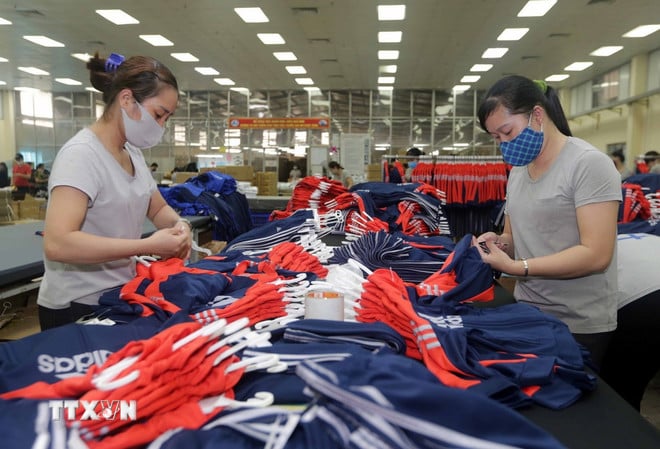
Sewing goods for export to the EU market at Thai Nguyen Garment Company. (Photo: Tran Viet/VNA)
The practical implementation of FTAs shows that this is not only a tool to open the market but also an opportunity to enhance the internal capacity of the economy, improve institutions, raise production standards and promote innovation. Therefore, the orientation of upgrading current FTAs or negotiating new FTAs needs to focus on increasing flexibility, synchronization and effective implementation of commitments, while closely linking with the country's socio-economic development strategy.
It is necessary to step up negotiations to upgrade existing FTAs to expand market access, especially for sectors with high added value and competitive advantages such as processing, manufacturing, high-quality agricultural products, clean energy and digital technology services. This will not only help increase exports but also promote upgrading domestic value chains.
In addition, research and consider the possibility of initiating negotiations for new FTAs with strategic partners, both bilaterally and multilaterally, to implement the strategy of diversifying markets and supply chains, reducing the risk of dependence on certain market areas. During the negotiation process, it is necessary to closely link the content of commitments with the practical conditions of Vietnamese enterprises, ensuring feasibility, implementation capacity and the ability to take advantage of incentives.
On the other hand, the State needs to continue to improve institutions and strengthen inter-sectoral coordination, ensuring that all international commitments are implemented synchronously and transparently, supporting businesses to take advantage of opportunities from FTAs.
In addition, it is necessary to improve human capacity, including the team of managers, negotiators, and international trade consultants to ensure effective policy implementation; support businesses to adapt and improve standards through technical advice, training, access to technology and trade promotion programs, especially for small and medium enterprises. Information and communication must also be enhanced so that businesses clearly understand the incentives, obligations and opportunities from FTAs, thereby proactively expanding the market and participating more deeply in the global value chain.
Effective implementation of FTAs will not only help Vietnam realize the goals of Resolution 59-NQ/TW, but also make an important contribution to implementing socio-economic development orientations stated in the documents of the 14th National Party Congress.
- Thank you very much, Director!./.
(TTXVN/Vietnam+)
Source: https://www.vietnamplus.vn/gop-y-du-thao-van-kien-dai-hoi-dang-dong-luc-moi-nang-tam-vi-the-viet-nam-post1076863.vnp


![[Photo] Unique art of painting Tuong masks](https://vphoto.vietnam.vn/thumb/1200x675/vietnam/resource/IMAGE/2025/11/14/1763094089301_ndo_br_1-jpg.webp)


![[Photo] Unique architecture of the deepest metro station in France](https://vphoto.vietnam.vn/thumb/1200x675/vietnam/resource/IMAGE/2025/11/14/1763107592365_ga-sau-nhat-nuoc-phap-duy-1-6403-jpg.webp)


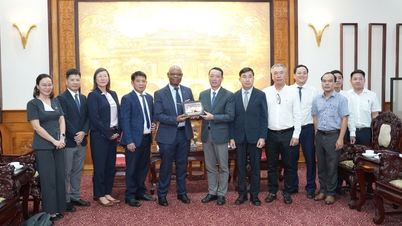

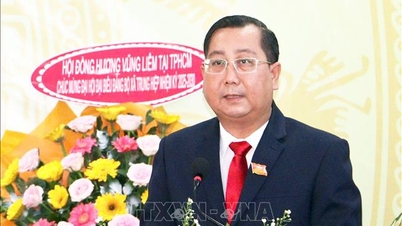

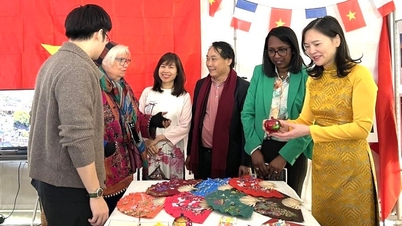
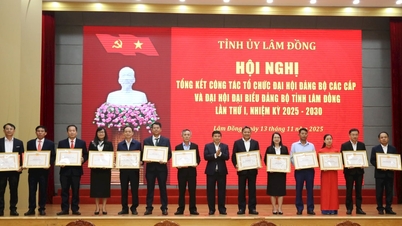


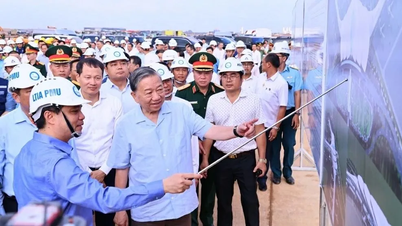

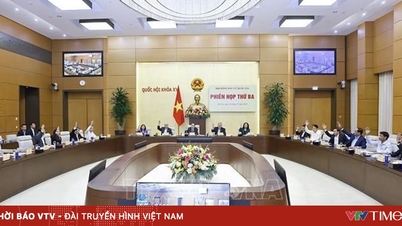

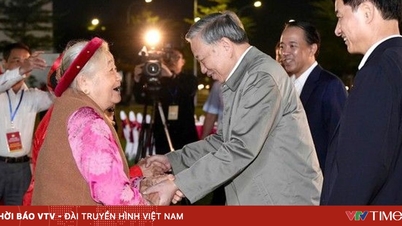
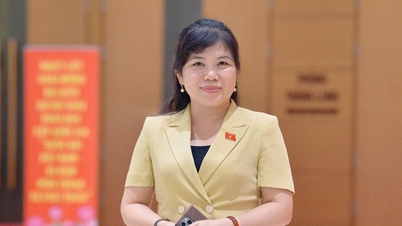

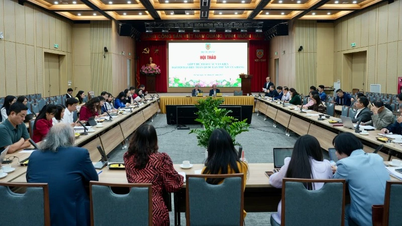

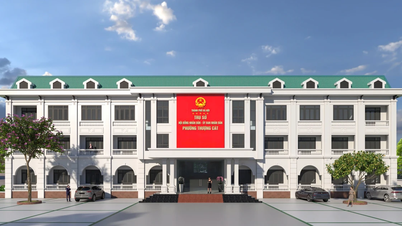
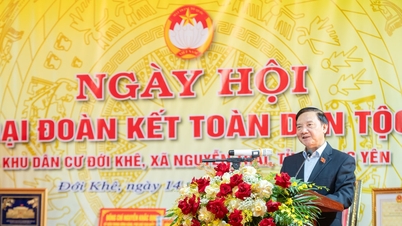





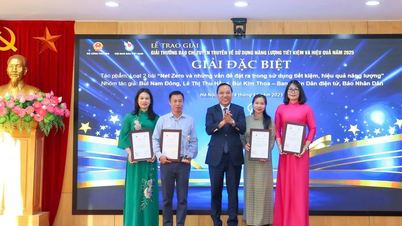




![[Photo] Special class in Tra Linh](https://vphoto.vietnam.vn/thumb/1200x675/vietnam/resource/IMAGE/2025/11/14/1763078485441_ndo_br_lop-hoc-7-jpg.webp)
















































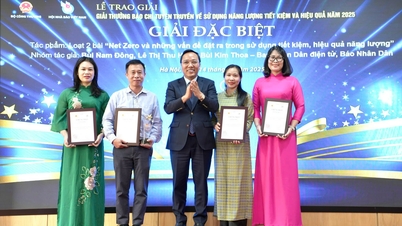

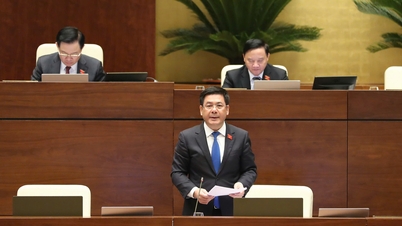

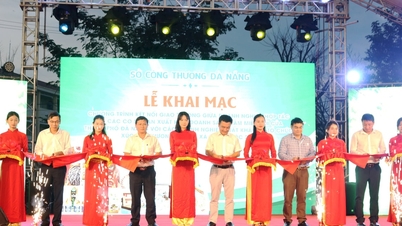

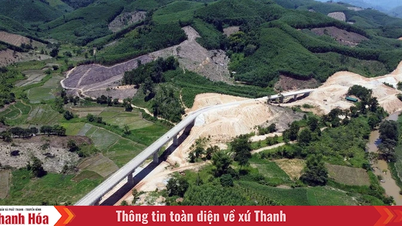



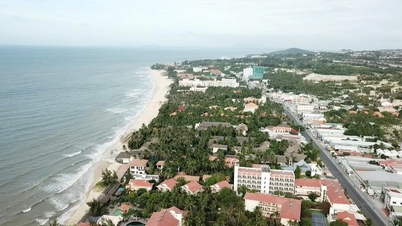


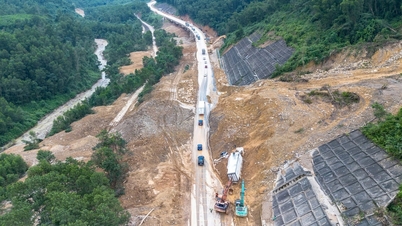







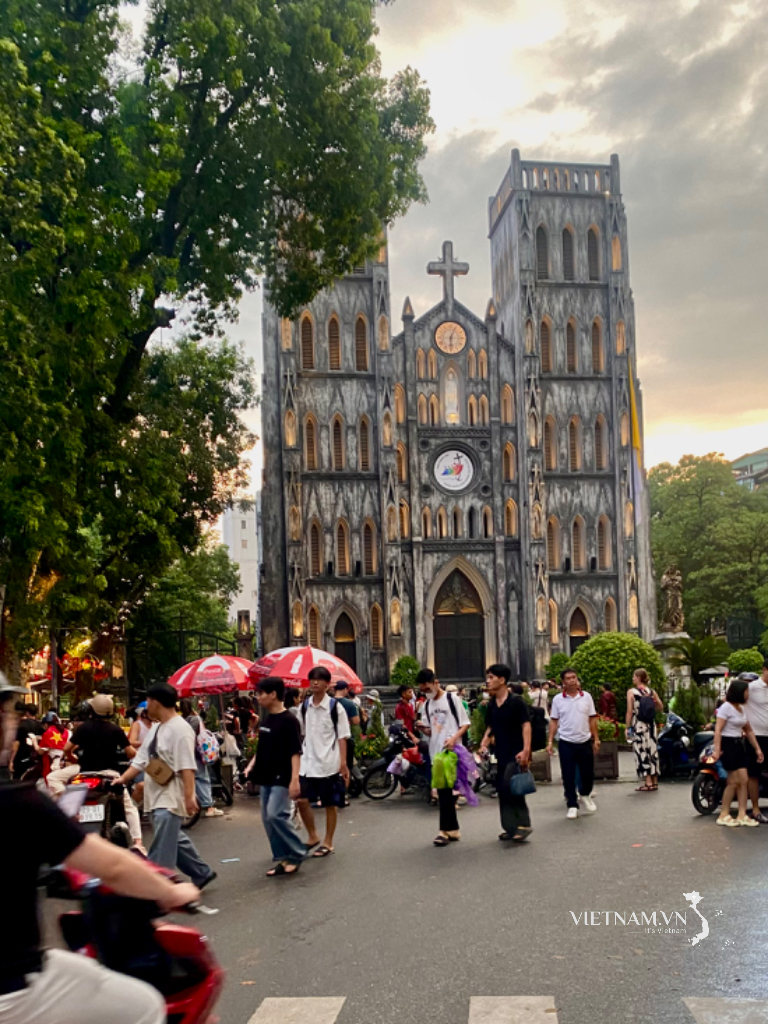


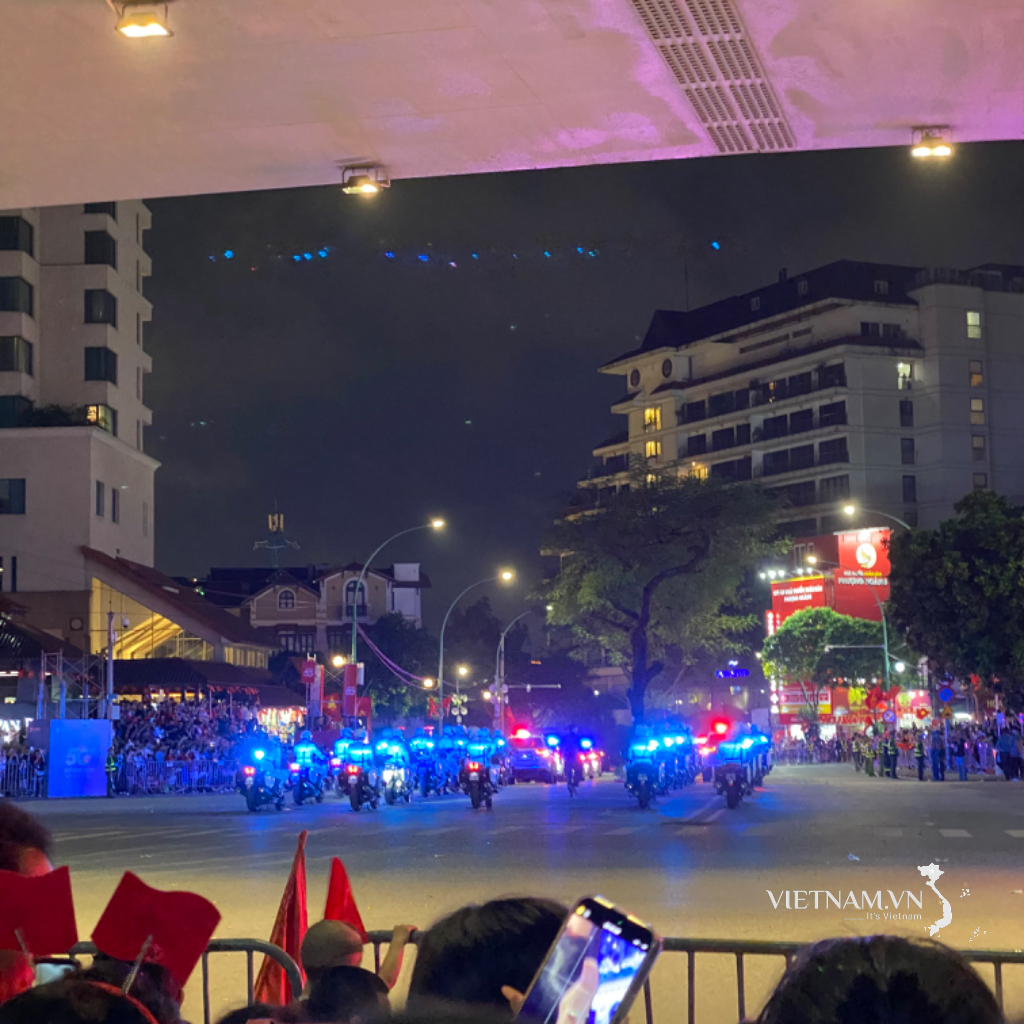
Comment (0)